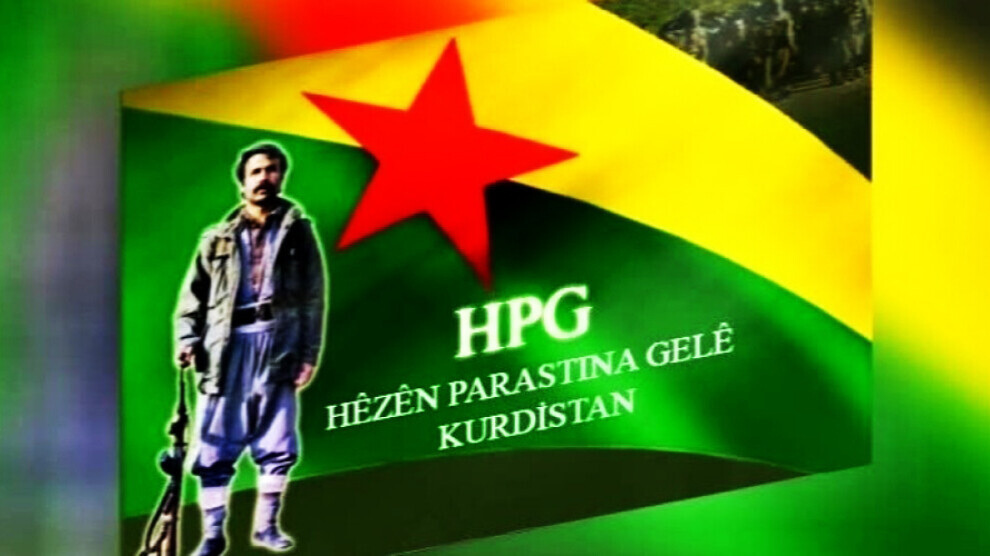HPG reports continued war crimes in South Kurdistan
HPG reports continued war crimes, mainly affecting the region og Zap, as the Turkish army continues to use chemical warfare agents against the guerrillas' defenses in Southern Kurdistan.
HPG reports continued war crimes, mainly affecting the region og Zap, as the Turkish army continues to use chemical warfare agents against the guerrillas' defenses in Southern Kurdistan.

The press center of the People's Defense Forces (HPG) released a statement providing information about Turkey's war of aggression against parts of the guerrilla-held Medya Defense Zones in southern Kurdistan (northern Iraq). Accordingly, the Turkish army continues to use chemical warfare agents amid intensified air strikes and ground assaults on the region.
Turkey, even with NATO support and its full array of weapons and airborne technology, is unable to break the guerrilla resistance and continues to rely on the use of outlawed warfare agents.
HPG stated that at least 28 chemical weapons attacks were recorded on Sunday alone in various guerrilla areas in the Zap and Avaşîn regions. According to the statement, "numerous different chemicals" were used.
"The Turkish occupying state wants to disguise its failure to our forces through unethical warfare. Nevertheless, the resistance against these dirty methods continues uninterruptedly," HPG said and announced that four members of the occupation forces were killed in guerrilla actions on Sunday (May 22).
Regarding the details of the guerrilla actions, HPG said, "In Avaşîn, our forces targeted a group of invaders moving in the terrain around Girê Werxelê in the resistance area yesterday. Initially, the occupiers came under fire with heavy weapons, followed by the use of small arms. In the course of this action, one occupier was punished and two others were seriously injured."
Of yesterday's chemical weapons attacks, fourteen alone were directed against the battle positions in Şehîd Berxwedan in the Şehîd Şahîn resistance area. The guerrillas subsequently went on the offensive and pushed back the occupation forces. In the evening hours, several attack helicopters came under heavy fire during attack flights in the region.
At the nearby Girê Cehennem, a targeted action killed a soldier who belonged to a military unit moving near the guerrilla positions on the hill. Later, guerrillas sabotaged an attempted advance by quick intervention. As a result of the ensuing fighting, the occupying forces were forced to withdraw.
On Şikefta Birîndara, the Turkish army again tried to advance towards the guerrilla positions following bombardments with chemical agents and blasts. One of the soldiers was killed in the course of guerrilla intervention. At Kuro Jahro, guerrillas first carried out a sabotage operation and proceeded with heavy weapons. The death of another soldier was safely ascertained.
HPG also pointed out that the Turkish air force has been conducting attacks on areas in southern Kurdistan almost continuously, accompanied by simultaneous artillery strikes from the outposts on the border.
HPG registered at least nineteen airstrikes in Zap the previous day, while three airstrikes were carried out on Metîna. In Avaşîn, the Werxelê resistance area was bombed by attack helicopters.